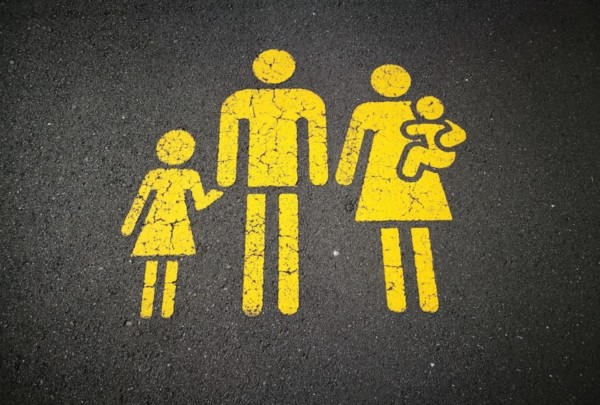When a new client becomes part of the RBK family, we like to start with a review of their business structure. Something that surprises us is how often a business has grown to a certain size, and the owner has never heard the terms “family trust” or “discretionary trust” mentioned by their former accountant or advisor.
What is a family trust?
A family trust refers to a discretionary trust which is set up to hold a family’s assets or to conduct a family business.
The main reasons for setting up a family trust:
Asset protections
Tax purposes (minimisation)
Estate planning
Real estate holdings
In Australia, a family trust is established by a family member for the benefit of members of the family (eg. husband and wife). It’s a vehicle that assists in protecting the family groups assets from liabilities of one or more family members who may at some stage enter into some risky behaviour and end up bankrupt or insolvent. In other words, a family trust covers you for any mishaps and ensures your house or boat aren’t up for grabs if anything does happen (like getting sued by a client).
Have you thought about what legacy you want to leave for your family? A family trust can be used to pass family assets to future generations. We find that when a family member passes away, a family trust can assist in ensuring challenges to the will are difficult! It makes the process more clear cut.
What if someone in your immediate family doesn’t have any taxable income this year? With the right structure, you can ensure that you are able to access favourable tax treatment by making sure your family members use their income tax “tax-free threshold”. Think about that $18,200 tax free amount. If you were to pay tax at the highest rate of 45%, rather than access a family member with low or no income, you’d lose around $8,190 to the tax man. Basically, it’s an above-board, completely legal form of tax minimisation.
The Key Elements of a Family Trust
Trust Deed
A trust deed sets out the terms and conditions that a family trust is established under. The trusts settlor(s) and the trustee(s) will sign the trust deed and the settlor will give the “settled sum” to the trustee.
“settled sum“ a gift to the “Trustee” of the trust for the purpose of establishing a trust fund for the benefit of the “Beneficiaries” named in the trust deed
The Trustee
The trustee is responsible for the trust and its assets. They have broad powers to conduct the trust, and manage its assets. In a family trust, the trustees are usually Mum and Dad (or a company of which Mum and Dad are the shareholders and directors). Their children and any other dependants are usually listed as beneficiaries.
The Settlor
The settlor’s function is to give the assets to the trustee to hold for the benefit of the trust’s beneficiaries on the terms and conditions set out in the trust deed. The settlor executes the trust deed and then, generally, has no further involvement in the trust. This would tend to be your client.
The Appointer
Is the person or persons with the power to remove and appoint the Trustee. The power of the Appointer to remove the Trustee is a fiduciary power that must be exercised for the benefit of the beneficiaries of the Trust. Usually, the Appointer will actually be Mum or Dad still. It can also be a lawyer.
We’ll be following up this article with Part 2… is this topic dry? No doubt about it. But should every business owner understand the basics? Absolutely. Whilst we can set up and manage the whole process, having the knowledge is invaluable, especially when it comes to something that can save you a lot of money! Get in touch if you want to chat Family Trust’s through with our team.













